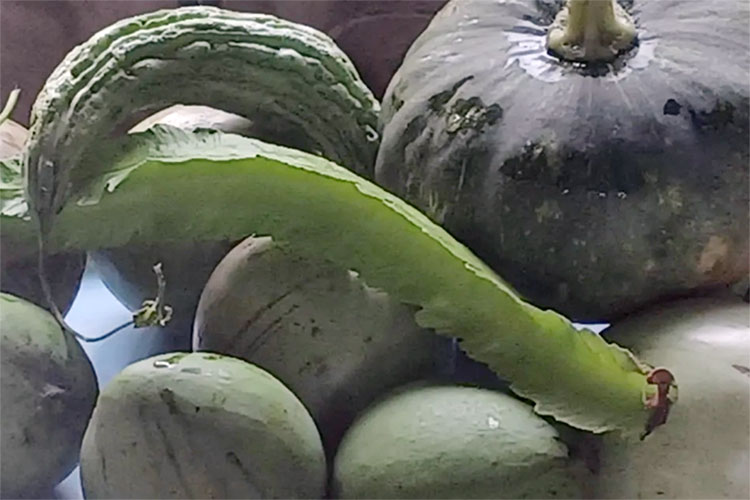 LOPEZ ECOFARM
LOPEZ ECOFARMBy Andre Christopher H. Alampay
LOPEZ ECOFARM, a family business in Masbate, had been counting on the upcoming fruit and vegetable harvest before Typhoon Opong (international name: Bulaoi) transited the island province in late September.
Rosalinda Lopez, who had been sharing sustainable farming techniques and showing off her produce on the farm’s Instagram account, said via messenger that the typhoon struck during fruiting season, not only ruining the upcoming harvest, but setting back her retirement project of rehabilitating her inherited land.
Ms. Lopez, who moved back to Masbate in 2022, had been determined to practice regenerative agriculture and sustainable permaculture practices since taking the reins.
She is a bit of an outlier at the Malipayon Farmers Association in Barangay Usab, Masbate City, which is 250-strong. Her peers typically plant cacao, bananas, and spring onions, but she followed her own path by cultivating star apple (kaimito), turmeric, and papaya.
Ms. Lopez tends to shun the modernized farming practices championed by the Department of Agriculture (DA), and prefers more sustainable, less costly infrastructure such as bamboo sheds, paths overgrown with moss and greenery, and a biodiverse garden, which welcomes species like snakes and birds instead of chasing them away.
The DA initially estimated overall losses to agriculture caused by Opong at P1.3 billion. Masbate, which is administratively part of the Bicol Region, was one of the provinces cleared to receive food and financial aid by President Ferdinand R. Marcos, Jr.
Ms. Lopez said the community was not prepared for the strength of the typhoon’s winds.
“Almost all farmers were severely affected with no roofs on their homes, and somehow there has been a delay in the cash aid.” she said.
Although food aid has been distributed, she said farmers really need repair kits, nails, wood, and roofing material.
“A lot of trees fell down. Most of the trees and big branches went directly to the roofs.” she said.
Following the damage to her farm, Ms. Lopez is fortifying it to be more disaster resilient, installing screen doors, a rainwater catchment, and solar panels in response to the power cuts.
“The community members are in the same situation but those who can afford buy generators and power banks,” she said.
She said she remains determined to continue building a farm network with an eye towards not sacrificing sustainability.

 5 hours ago
3
5 hours ago
3
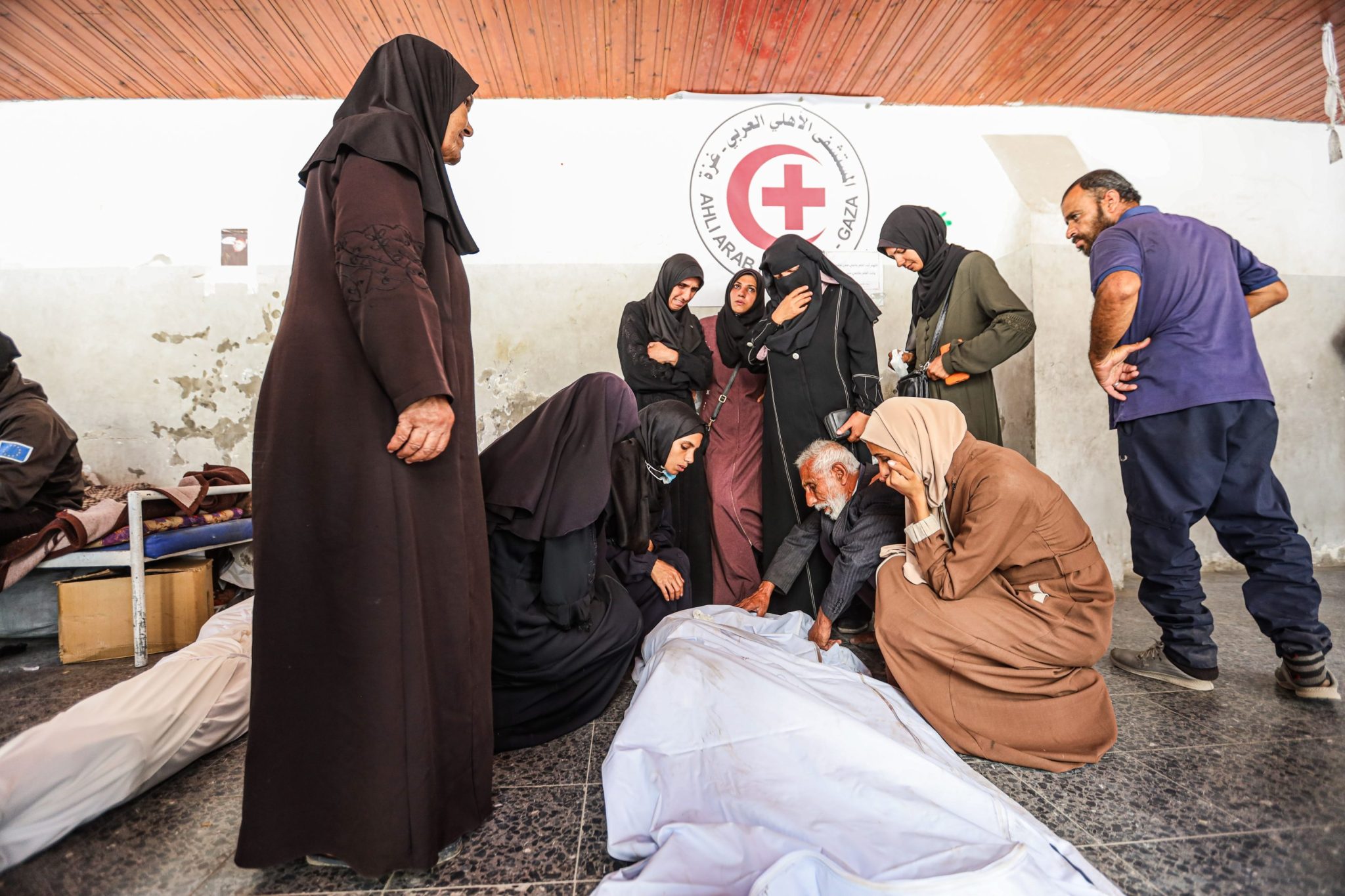





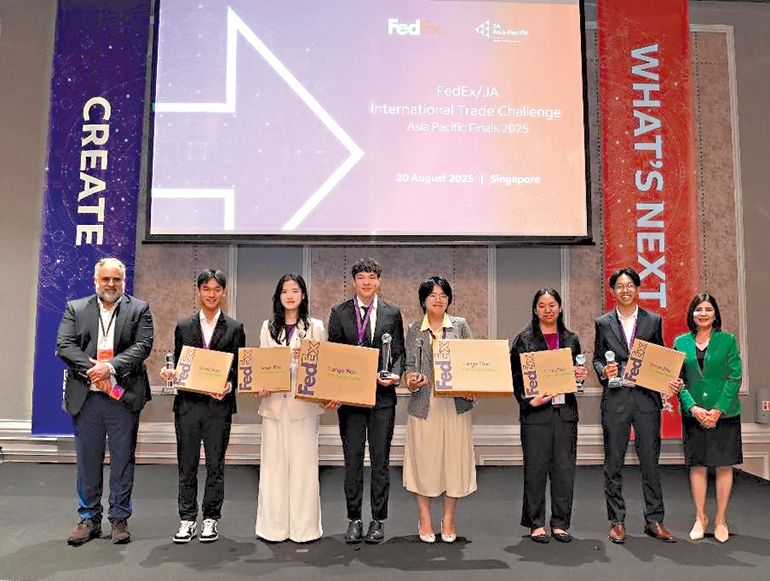


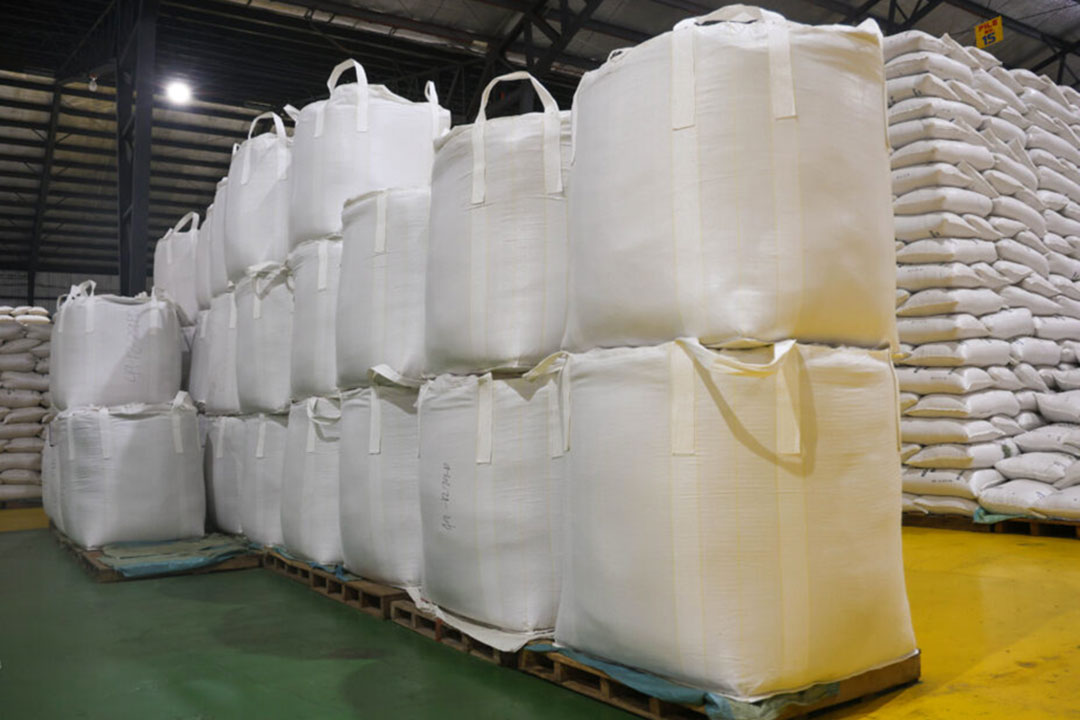



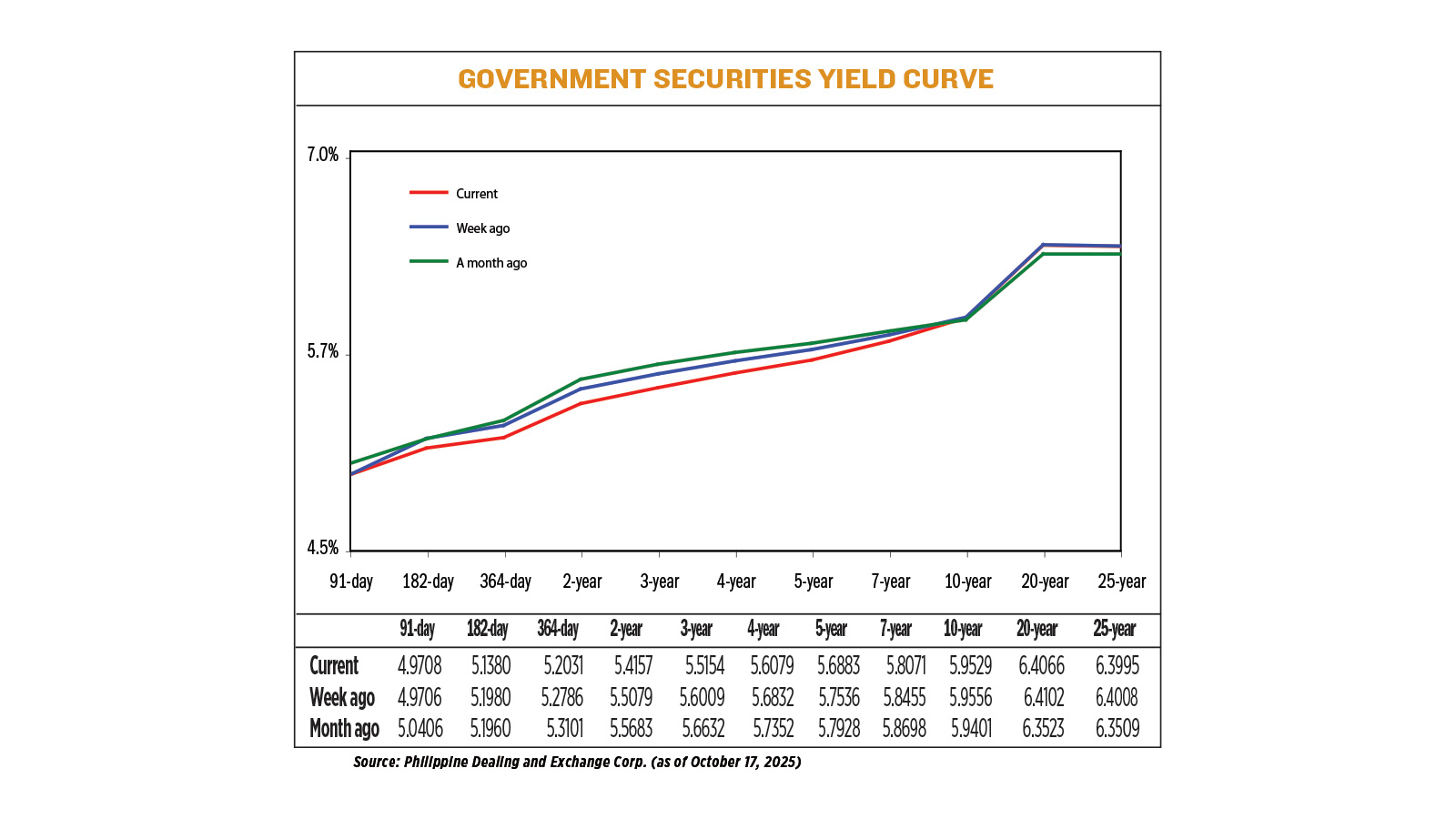





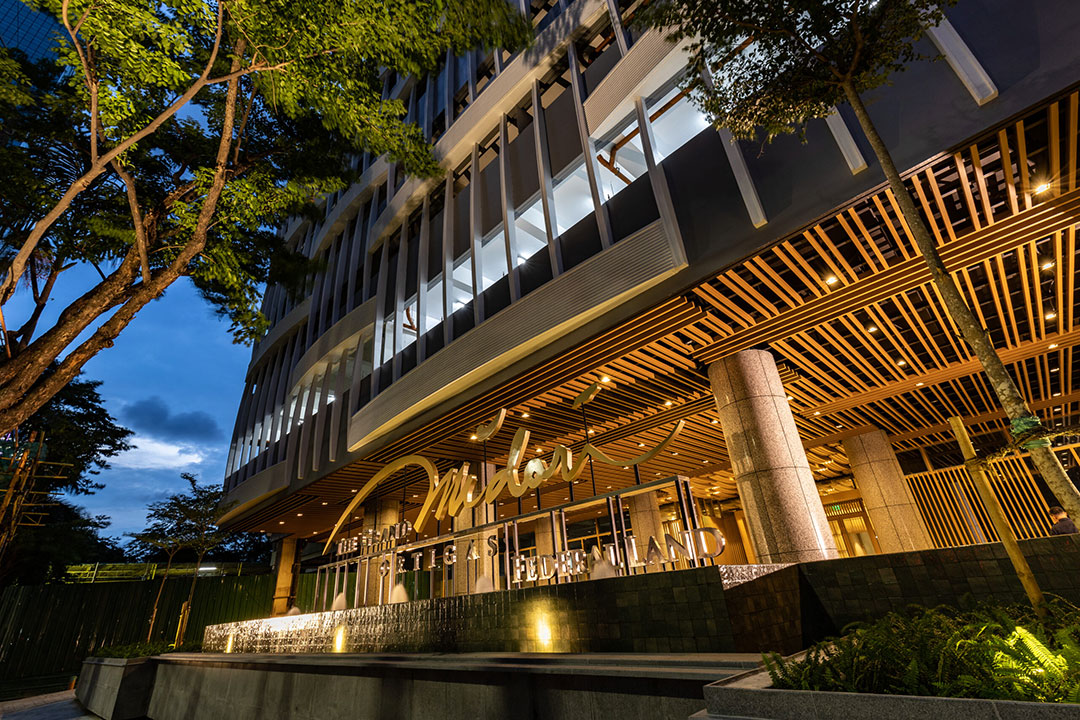


 English (US) ·
English (US) ·